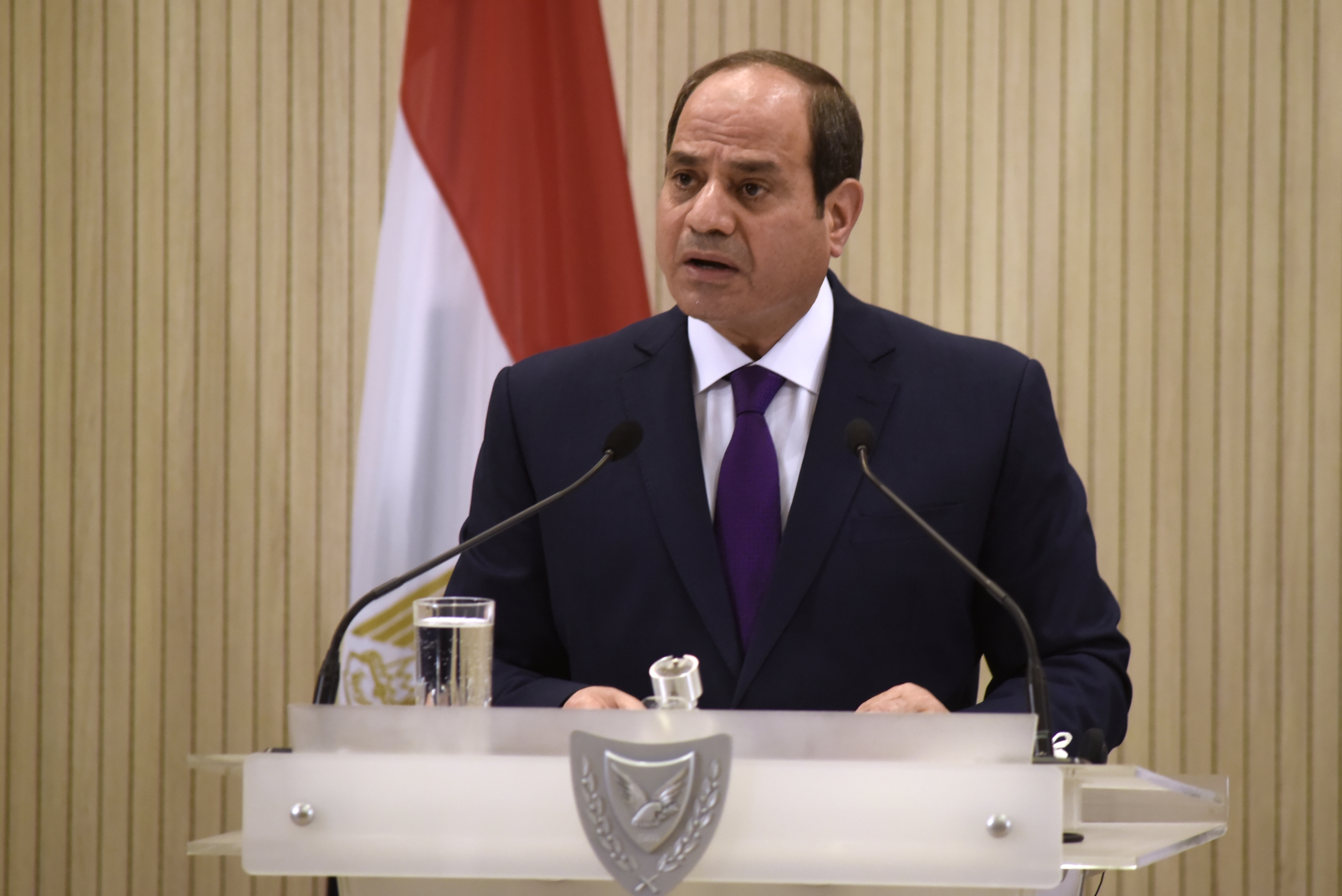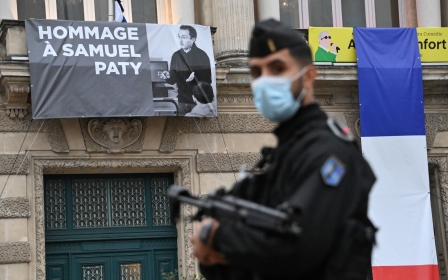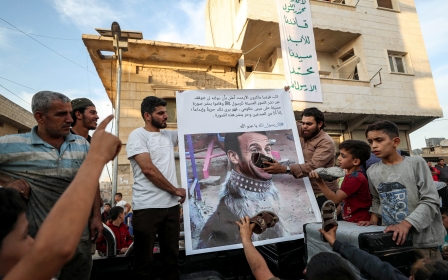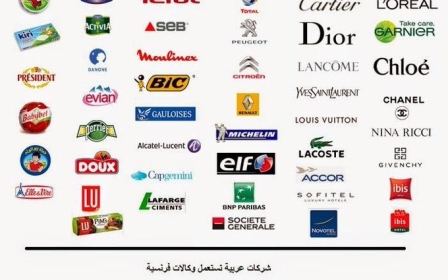Egypt says freedom of expression stops if it offends more than 1.5 billion people

Egypt’s President Abdel-Fattah al-Sisi said on Wednesday that freedom of expression should stop if it offends more than 1.5 billion people, in response to the publication of caricatures of Prophet Muhammad in France.
The comments follow a backlash across Arab and Muslim countries against French President Emmanuel Macron’s comments on Islam.
In a televised address to commemorate Prophet Muhammad’s birthday, Sisi said that Muslims have the right for their feelings and values not to be hurt.
“If some have the freedom to express what is in their thoughts, I imagine that this stops when it comes to offending the feelings of more than 1.5 billion people,” he said.
Sisi added that he firmly rejects any form of violence or terrorism from anyone in the name of defending religion, religious symbols or icons.
Earlier this month, Macron said Islam was a religion "in crisis all over the world today", and pledged to fight "Islamist separatism" that he said was a threat to some Muslim communities around France.
He also voiced his support for satirical magazine Charlie Hebdo's "right" to print cartoons of the prophet.
The French president made the remarks while paying tribute to a French school teacher, Samuel Paty, who was beheaded by a Muslim radical on 16 October after he had shown caricatures of the prophet to his school pupils.
In Egypt, a major supermarket chain has removed French products from its shelves in response to Macron’s comments.
The grand imam of Egypt’s Al-Azhar university, the highest seat of learning in the Sunni world, strongly condemned the use of anti-Muslim sentiment to rally votes in elections.
Sheikh Ahmed al-Tayeb also called on the international community to criminalise "anti-Muslim" actions.
Around the Middle East and North Africa, boycotts and protests have taken place in order to denounce the comments and the printing of images of the Prophet Muhammad, which Muslims find offensive and blasphemous.
Online, a campaign to boycott French goods has also garnered support. Thousands of people have used hashtags such as #BoycottFrance #Boycott_French_Products and #ProphetMuhammad to condemn the portrayal of the prophet and encouraged others to boycott French goods.
Middle East Eye delivers independent and unrivalled coverage and analysis of the Middle East, North Africa and beyond. To learn more about republishing this content and the associated fees, please fill out this form. More about MEE can be found here.





